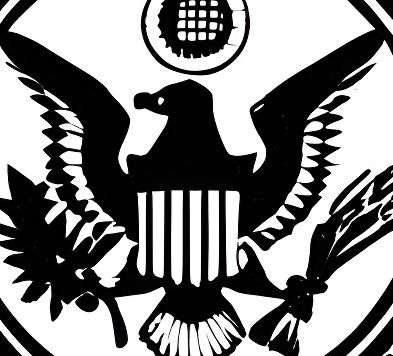Exploring the Legal Implications of Offering and Selling Crypto Assets
by
September 14th, 2023
Audio Presented by

A collection of public domain court case filings, by/against the US SEC, retrieved by HackerNoon
About Author
A collection of public domain court case filings, by/against the US SEC, retrieved by HackerNoon
